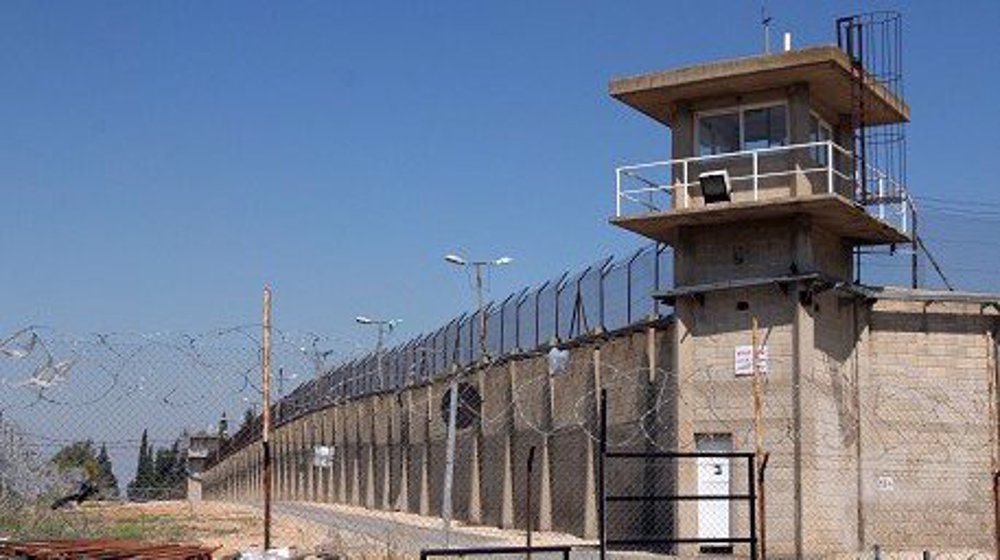Israel’s top court rejects appeal to release hunger-striking Palestinian prisoner who is about to die
A Palestinian commission for prisoners says Israel’s top court has rejected an appeal for the immediate release of a Palestinian prisoner who has been on hunger strike for more than 120 days in protest at his detention without charge at the hands of the Tel Aviv regime and is facing the risk of sudden death at any moment.
The Palestinian Commission of Detainees' and Ex-Detainees' Affairs said in a statement on Monday that Israel’s so-called supreme court has rejected a petition submitted for the release of Kayed Fasfous for the fourth time, amid Israeli authorities’ indifference and deliberate criminal disregard for his life, Palestine’s official Wafa news agency reported.
Fasfous, 34, has been on hunger strike for 124 days in protest against Israel’s policy of administrative detention, which allows the regime to hold prisoners for long periods of time without charge or trial.
Fasfous has been in hospital for nearly two months following serious deterioration in his health conditions.
On Saturday, doctors at the Israeli Barzilai Medical Center, where the Palestinian inmate is being treated, told his family that he has developed symptoms suggesting a clot in his blood, which is an early warning of the risk of sudden death.
Fasfous is also suffering from irregular heartbeats, kidney problems, low blood pressure and serious decline in body fluids and vitamins.
There are also four other Palestinians prisoners who have been on hunger strike with a similar cause.
The five Palestinians have been demanding an end to their detention, which is based on a “secret file” even their lawyers are not allowed to view. The so-called files are provided by the Israeli intelligence service.
More than 7,000 Palestinians are reportedly held in Israeli jails. Hundreds of them have apparently been incarcerated under the administrative detention. Some prisoners have been held in administrative detention for up to 11 years.
Over a dozen Palestinian lawmakers and nearly 20 journalists are also held in Israeli detention centers, several of them under the same detention policy.
In 2015, Israel approved a law that authorizes force-feeding the Palestinian prisoners on hunger strike, a practice rejected by the UN as a violation of human rights.
'Capitulation': Israeli officials and media concede Gaza defeat as truce unfolds
'Gaza has won': Social media users react to ceasefire with mix of relief, joy
Iran seeks South Korea’s assistance for AI, fiber-optic projects
VIDEO | Iran's 'Eqtedar' (Power) maneuver
Israel hits HTS military target in Syria for 1st time since fall of Assad
VIDEO | Press TV's news headlines
Israel has slaughtered 13,000 students in Gaza, West Bank
VIDEO | More Zionist than Zionists: Biden’s legacy to be defined by Gaza genocide













 This makes it easy to access the Press TV website
This makes it easy to access the Press TV website